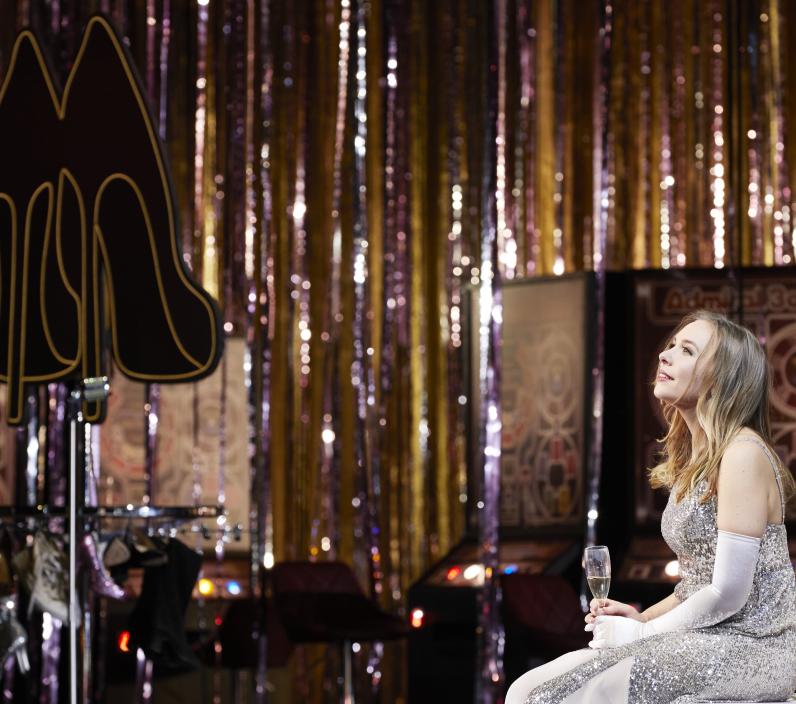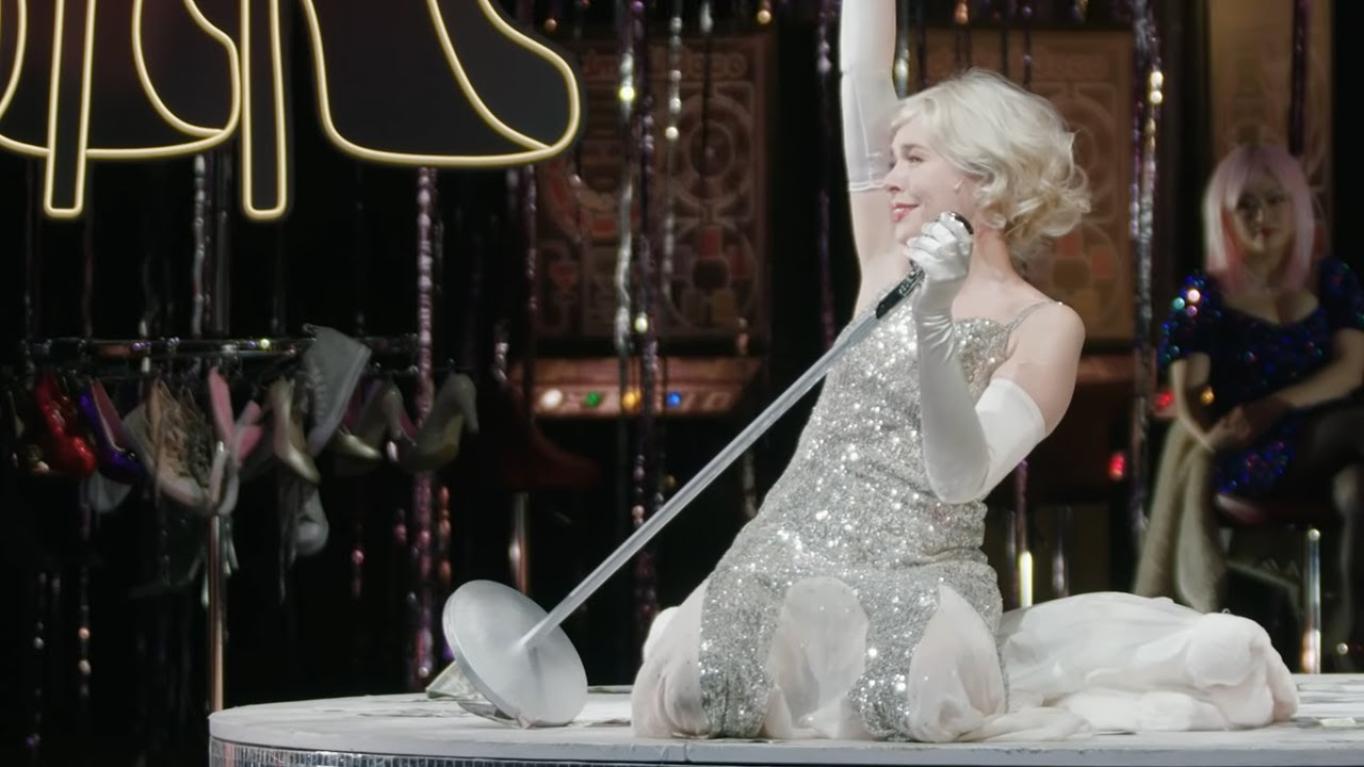

Strong Women in Opera: Manon
Opera is not known for handling its female characters with kid gloves. Whether they are married against their will, raped, murdered or driven into madness, women were often portrayed as victims of their circumstances, swept along by the winds of fate. In this respect, of course, opera is also a mirror of its time. Rebellious women usually obtain their comeuppance in time for the final act. Just think Carmen or Violetta from La traviata.
In this series, we pay homage to the strong women in opera. Following our profiles of Mařenka in Smetana’s The Bartered Bride and Princess in Puccini’s Turandot, we shine the spotlight on Manon from Massenet’s eponymous opera.
3. The title role in Massenet’s Manon
Manon’s unique path in life could not be more alien to the strict social expectations placed on the women of her time. Already at the age of sixteen, she breaks free from the sheltered life mapped out for her and flees on her way to the convent with the handsome Chevalier Des Grieux. Despite her genuine love for him, she ends up leaving him for a life of wealth and luxury only to rekindle her relationship with him later.
Over the course of the opera, Manon has many faces, some of which are real and some that are masks. A mysterious being, a ‘sphinx’ and ‘siren’, she is often depicted as either volatile and naive or manipulative and immoral. Indeed, you could be forgiven for mistaking her for a mere surface on which the men surrounding her can project their own fears and desires.
Yet nothing could be further from the truth. Manon is simply a woman trying to make her way in a man's world. Her story is inevitably one of compromise. When seen in this light, the choice between love and affluence is no longer a sign of her fickle nature, but a question still burning today: what do we want to prioritize in life? Love? Success? Wealth?
For the French soprano Elsa Dreisig, who embodies Manon like no one else in David Bösch’s staging at the Staatsoper Hamburg, the answer is clear: the only thing that Manon is unwilling to sacrifice is her freedom. Her early death is no longer understood as a just punishment for her transgression, but as a freely chosen act in a self-determined life. Her path, quite unlike that of her contemporaries, begins to resemble that of our own time.

